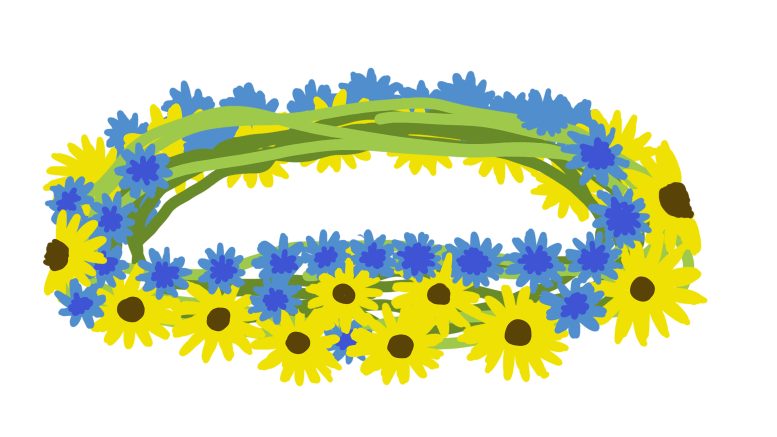The African proverb goes, “when elephants fight, it is the grass that suffers.” It takes a war to understand that civilians are the grass who never asked for the conflict, and that the governments fighting are the elephants.
While Gen Z may grow weary of Millennials perpetually rehashing their trauma over 9/11, they should keep in mind that the event was, for most of our generation in North America at least, arguably the first time we realized that we as civilians were the grass.
While we had been fiercely educated on the world wars, it was the first time major history had reached the North American shores in our conscious memory, and was the result of elephant fights past between the government of the United States and the regime changes in the Middle East.
If this sounds familiar, it’s because the globe is currently in another elephant fight — or, at least, governments are. The West and the North Atlantic Treaty Organization (NATO) are against Russian President Vladimir Putin’s Kremlin and allies. In this conflict, Ukrainian civilians are the grass.
Most importantly, and why you should care, is because U of M students are just as much grass to be potentially trampled on if the fighting escalates.
When this article is published, it will be day 371 of the full-scale invasion of Ukraine, but the ninth year of a border war spurred by the Kremlin’s loss of control in the federal government of Ukraine as, in 2014, the EuroMaidan Revolution in Ukraine brought about independent democracy of the country from outside influences, namely pro-Russia heads of state.
To not at the very least acknowledge that the Russian invasion of Ukraine that started on Feb. 24, 2022 is somewhat Putin and allies versus NATO would be ignorant. While Putin’s goal may be to restore the borders of the former Soviet Union or even the former Russian Empire, it would be also ignorant to ignore the resources in Ukraine that Putin’s Kremlin is after.
The town of Soledar in the Donetsk oblast (province) was recently captured by the Russian army because it is a salt mine town.
The Donetsk oblast alone contains at least two promising lithium deposits, with eastern Ukraine speculated to have around 500,000 tons of lithium oxide.
“Green” technologies require lithium batteries, and conflict zones could potentially grow as the West switches over to the also pollutive system of battery and re-chargeable technologies.
It is not just over borders, then, but potentially the age-old colonial battle of resources for the Russian economy — just to showcase how everything is always connected.
So, how are students living in Winnipeg part of this conflict, and how are they potential grass to be trampled on? The answer is that it has been mainly NATO countries supplying defensive weapons to Ukraine.
In fact, the elephant fight in this war has very much become Putin and allies versus NATO with the civilians of Ukraine trampled daily by Russian shelling.
Students should care about this conflict on the basis that Canada is a member of NATO, and NATO members are actively providing support to Ukraine. Canadian tax dollars are actively at war with Russian artillery.
What’s more, we may be able to watch the elephant fight from afar at the moment, but in an instant, the elephant fight can come crashing into our own country with a nuclear escalation.
In the meantime, civilians should know and care about every armed conflict currently taking place in their world so that, at the very least, we can be prepared for an elephant fight we never asked for trampling through our doorstep.


